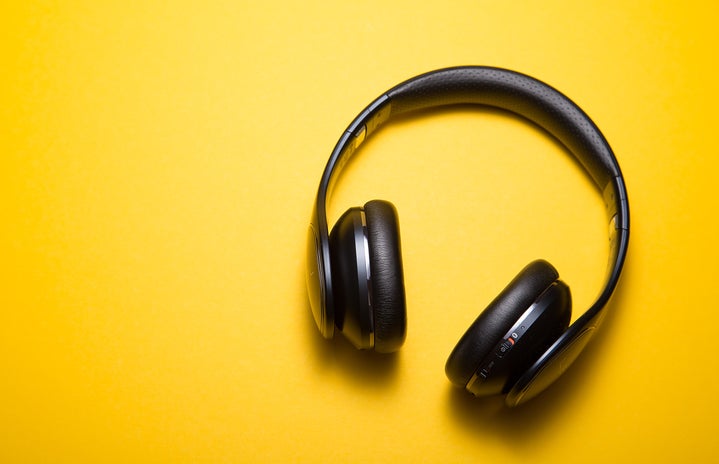The age old question remains: while studying, is it best to slip on a pair of headphones and quietly jam to some music, or do we sit in silence? If we listen to music, what kind? No one enjoys flipping through textbooks, trying to cram enough information in to pass the next exam, but music eases some of this stress and pain. But is it actually helpful?
Some argue that according to the Mozart Effect, listening to classical music is helpful during studying as it makes us “smarter,” by increasing our spatial reasoning.

But more recent studies have largely debunked or otherwise minimized the efficacy of the Mozart Effect. They found that nearly any type of enjoyable music works just as well (if not better!) and that the enhanced reasoning lasts approximately 10 to 15 minutes. Timothy Byron, lecturer in psychology at the University of Wollongong, writes:
“However, further research conclusively debunked the Mozart effect theory: it wasn’t really anything to do with maths, it was really just that music puts us in a better mood… Being in a better mood likely means that we try that little bit harder and are willing to stick with challenging tasks.”
Relaxing music further helps with nerves and even anxiety, creating a conducive environment in which to study, refresh and learn. It also prevents students from becoming (too) bored, which in turn, allows for longer study sessions. Even better, certain studies show that music can improve memory. Music helps us recall old information, but also allows us to memorize new information. Sounds great, right?
Unfortunately, there are some drawbacks. While calming and relaxing music settles people down, angry and energetic music (with high beats per minute) does the exact opposite. As a result, people lose the benefits associated with study music. Lyrical songs can also make information more difficult to retain as focus is shifted to the music, as well as loud songs. However, all in all, the decrease in learning is surprisingly only minimal.
What are the best styles of songs to listen to?
-
Relaxing
-
Slow BPM
-
Low volume
-
Instrumental instead of lyrical
While it can seem a bit complicated to the perfect songs to study to, certain YouTube channels/videos and Spotify playlists are specifically tailored for tasks like studying. There are several tips to consider, but in the end, the music that should be played should simply be enjoyable. That means different things to different people, so be sure to experiment!
And so, the next time you crack open a textbook, feel free to play some tunes knowing that it may, in fact, help.





